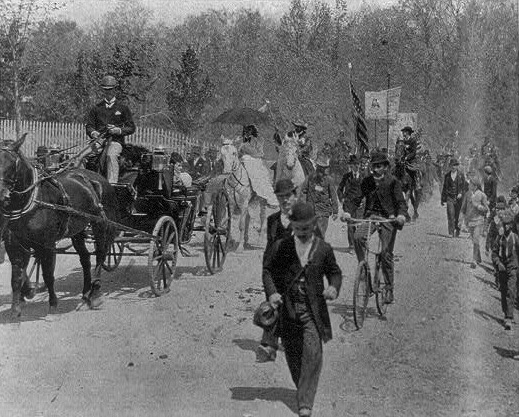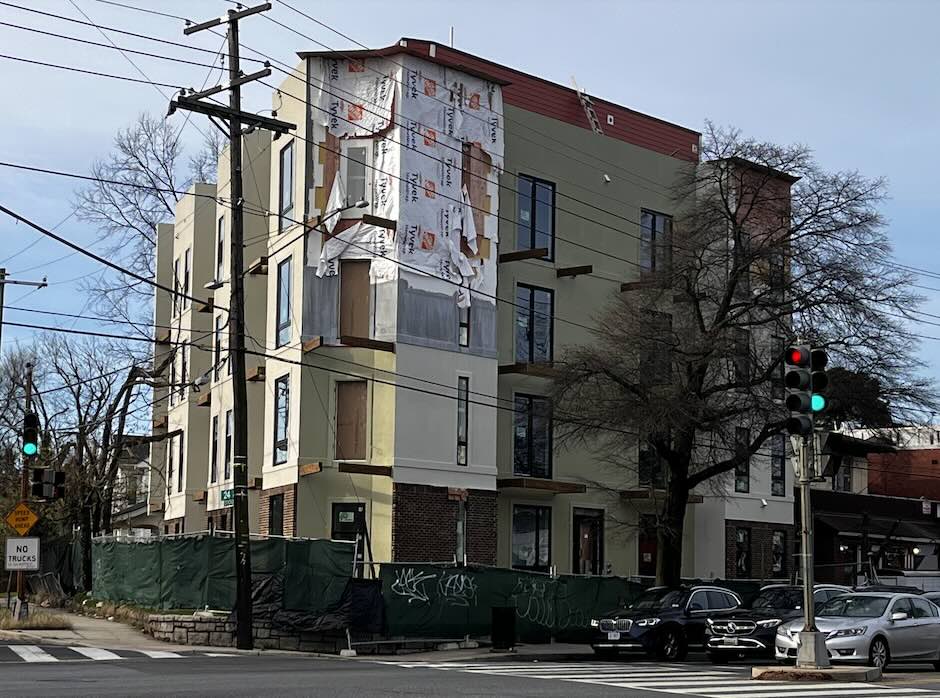
When the first protesters held a march on Washington, they weren’t even allowed to speak. They didn’t fare any better in Hyattsville, either.
In 1894, the United States was suffering through what was at the time the greatest depression in the country’s history. Upset by congressional inaction, a cantankerous Ohio businessman named Jacob Coxey led a group of unemployed men to D.C. to call for new roads and public improvement projects.
Basically, it was a little like the recent tea party movement, only instead of opposing a stimulus bill Congress passed, they were calling on Congress to pass a stimulus bill when it wouldn’t.
After a 600-mile march from Ohio to D.C., Coxey was prevented from giving a planned speech on the Capitol steps by baton-wielding police. The group of marchers later set up camp near Hyattsville in a spot they called “Camp Liberty.”
On May 12, Coxey and another leader came into town to give speeches. Here’s the New York Times’ version of what happened next:
A committee was apointed (sic) to wait on Coxey and Browne, who were in front of the hall, to inform them that they could not speak in the town. When Coxey was told that he could not speak on the streets, he appeared much surprised, and at first said that he would speak at any peril. At this point the excitement was at fever heat, and it looked for a time as though there would be a general fight.
After being threatened with arrest and told by three town commissioners to leave, Coxey left, again denied the chance to speak.
Fifty years later, Coxey returned to Washington, where he was finally allowed to give his speech on the Capitol steps.
Support the Wire and Community Journalism
Make a one-time donation or become a regular supporter here.





















1 Response to When Coxey’s Army Came to Hyattsville